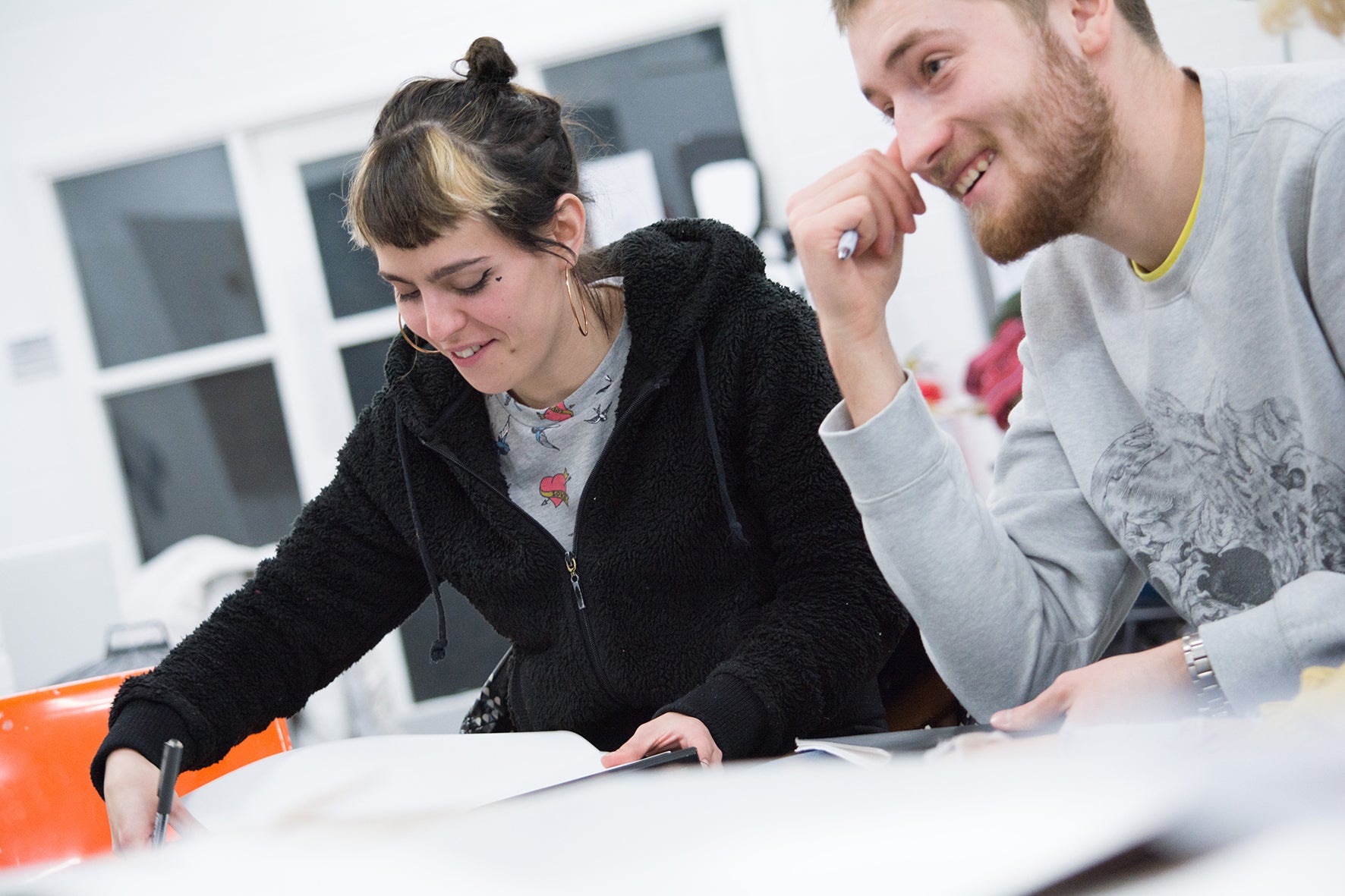How freshers should prepare for their second year at university
Making your first year count is important so, if you haven’t already, there’s still time

Your support helps us to tell the story
From reproductive rights to climate change to Big Tech, The Independent is on the ground when the story is developing. Whether it's investigating the financials of Elon Musk's pro-Trump PAC or producing our latest documentary, 'The A Word', which shines a light on the American women fighting for reproductive rights, we know how important it is to parse out the facts from the messaging.
At such a critical moment in US history, we need reporters on the ground. Your donation allows us to keep sending journalists to speak to both sides of the story.
The Independent is trusted by Americans across the entire political spectrum. And unlike many other quality news outlets, we choose not to lock Americans out of our reporting and analysis with paywalls. We believe quality journalism should be available to everyone, paid for by those who can afford it.
Your support makes all the difference.Most students will agree the transition from A-levels to degree-level is less of a jump than they anticipated. At the time, it was probably the most daunting thing you’ve ever been faced with, but it’s a thrilling ride once you get going. Obviously the work you’ll be engaging in at university is more scholarly and there’s more of it overall, but the weight of juggling four different subjects is off your shoulders. You can now devote all your intellectual effort towards the one subject you love the most whilst simultaneously immersing yourself in the most social environment you’ve ever come across.
Luckily, the distraction of this isn’t too much of a problem in first year, as stage one of most courses functions as a learning curve and doesn’t count towards your final degree. You can enjoy everything uni life has to offer without worrying it might damage your future prospects.
Second year, however, is where things start to get real. So, to prepare freshers for this transition (albeit in advance), here is a quick guide on what you should do to ensure the move doesn’t affect your grades or overall uni experience:
1) Get involved in everything while in first year
When I was a bright-eyed fresher, I embraced most of the opportunities that came my way. I became an active member of the student radio station and newspaper too. Somehow, I still found time to follow the first year instinct of devoting a lot of time to clubbing and having fun. This became harder to manage in second year, but I could easily distinguish between the societies I wanted to still be a member of, and those which weren’t for me because I’d experimented with so much the previous year.
2) Know your university
While this seems like blatantly obvious advice, you would be surprised by the number of students who enter year two having never set foot in their own university’s library. In an age where anything can be found online, students can find all the academic texts they need on websites, like jstor.org, from the comfort of their bedroom. However, as the essay word counts get longer and dissertations loom, access to a wider range of books will be beneficial. You’ll also need to start thinking about the future, so be sure to familiarise yourself with facilities like the in-house career service early on.
3) Find the right home
In most cases, students will move from halls into a house. This is a major difference from freshers’ year because you’ll probably choose who you want to live with this time and will be in a space accommodating far fewer people. From my own experience, I would recommend choosing a house with only three or four people, as this minimises conflict and ensures you have a relaxed and quiet space for studying and getting the rest you need. This will also save money as a smaller place will be cheaper to heat in the winter, and you can cut individual spending by sharing food shops.
4) Keep it healthy
Although you may be immune from freshers’ flu this year, it’s still very easy to get sick at uni. In an environment swarming with hundreds of young people looking for a good time, germs spread quickly and sleep can often be overlooked. Where flu and the more dangerous bacterial infection of meningitis are concerned, it’s essential to keep your living space clean all the time to prevent contamination. To prevent exhaustion and missing lectures, get a minimum of six hours’ sleep a night, which shouldn’t be difficult considering how much students love to sleep. Essentially, the fewer days of uni you don’t attend in second year, the better your overall grade will be at the end.
Twitter: @sophieahmed_
Join our commenting forum
Join thought-provoking conversations, follow other Independent readers and see their replies
Comments